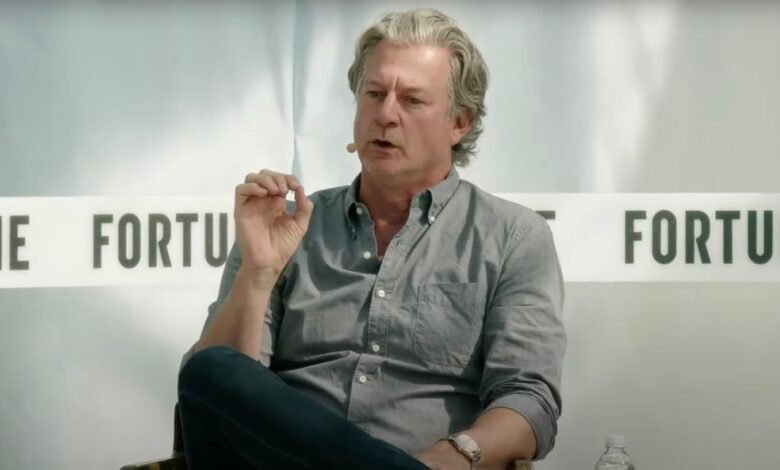People CEO Accuses Google of Stealing Content, Calls It a ‘Bad Actor’

▼ Summary
– The CEO of People, Inc. accuses Google of using the same web crawler for both search indexing and AI training, which he claims unfairly uses their content without compensation.
– Google’s share of traffic to People, Inc. has dropped significantly, from as much as 90% several years ago to the high 20s currently.
– People, Inc. is blocking non-paying AI crawlers to force content deals and has already partnered with OpenAI, describing them as a “good actor.”
– Google’s crawler cannot be blocked without also losing search traffic, leading to accusations that Google is intentionally acting in bad faith.
– Cloudflare’s CEO suggests that legal battles over copyright may be ineffective and predicts Google will eventually pay publishers for content used in AI models.
The CEO of America’s largest digital and print publisher has publicly accused Google of acting in bad faith, alleging the tech giant uses a single web crawler to both index content for its search engine and scrape material for its artificial intelligence products. Neil Vogel, who leads People, Inc. (previously known as Dotdash Meredith), contends that this dual-purpose approach allows Google to systematically harvest publisher content without compensation while simultaneously reducing the organic search traffic that once sustained many media companies.
Vogel, speaking at a recent Fortune Brainstorm Tech conference, explained that Google employs identical crawling technology for its traditional search functions and its expanding suite of AI tools. “They use the same crawler for their search, where they still send us some traffic, as they do for their AI products, where they effectively steal our content,” he stated. This practice has become increasingly problematic as referral traffic from Google Search has plummeted from nearly 65% of the company’s total traffic just a few years ago to what Vogel describes as the “high 20s” today.
Despite the decline in search-driven visits, Vogel emphasized that his company has continued to grow both its audience and revenue. “We’re doing great,” he noted. “What is not right about this is: You cannot take our content to compete with us.” His primary objection lies in what he sees as an unfair dynamic, publishers are expected to provide free training data for AI systems that may ultimately become direct competitors.
In response, People, Inc. has begun actively blocking AI crawlers from organizations that do not enter into formal content licensing agreements. The publisher is using technology from Cloudflare to identify and restrict automated bots that scan websites to train large language models. This strategy has already prompted several “large LLM providers” to approach the company with potential partnership opportunities. While no deals have been finalized, Vogel indicated that negotiations are advancing more rapidly since implementing the crawler-blocking measures.
However, Google presents a unique challenge. Because the company uses a unified crawler for both search indexing and AI training, publishers cannot block its AI scraping activities without also cutting off valuable search traffic. “They know this, and they’re not splitting their crawler,” Vogel asserted. “So they are an intentional bad actor here.”
This sentiment was echoed by Janice Min, CEO of Ankler Media, who characterized major tech firms like Google and Meta as longtime “content kleptomaniacs.” Her company also blocks AI crawlers, and she expressed skepticism about the current benefits of partnering with AI developers.
Cloudflare CEO Matthew Prince, whose company provides the AI-blocking tools, offered a more nuanced perspective. He suggested that the behavior of AI companies may evolve in response to future regulations rather than legal action based on existing copyright frameworks. Prince argued that pursuing litigation under current copyright law, which often protects derivative works under fair use, may prove ineffective. He pointed to recent settlements, such as Anthropic’s $1.5 billion agreement with book publishers, as examples of how companies are choosing to resolve disputes while preserving favorable legal interpretations.
Prince also placed partial blame on Google for shaping a digital economy that prioritized traffic volume over quality content, encouraging publishers to optimize for clicks rather than substance. Nonetheless, he predicted that competitive pressures would eventually force Google to change its approach. “By this time next year,” Prince forecasted, “Google will be paying content creators for crawling their content and using it in AI models.”
(Source: TechCrunch)